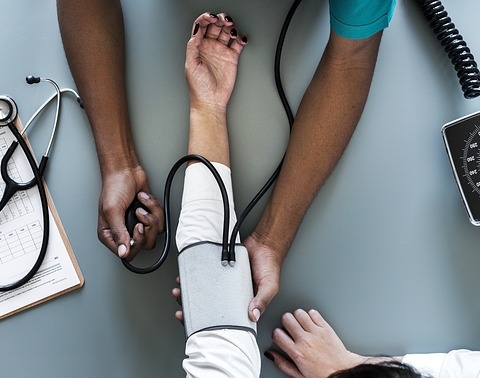Proper circulation is necessary for pushing oxygen, nutrients, and blood throughout your body. Without good circulation, you can become at risk for developing a variety of health conditions from cardiovascular disorders to hemorrhoids. Learn how to recognize the signs of poor circulation and ways in which you can improve it.
Signs of Poor Circulation
- Numbness in limbs
- Muscle cramps
- Pain
- Tingling
- Brittle toenails
- Lower leg ulcers
- Dizziness
- Lower leg pain
- Cold hands and feet
Poor circulation can lead to health problems such as boils, hemorrhoids, cardiovascular disorders, varicose veins, and Raynaud’s disease. Most of these issues can be treated easily by changing your lifestyle and taking medications or homeopathic remedies for your conditions. A natural hemorrhoids product, for example, can help treat the symptoms of this condition.
Eat the Right Foods
Many different foods can increase your circulation, and by eating them, you’ll be able to see a big improvement. Some foods to add to your diet to boost your circulation include:
- Whole grains
- Ginger
- Pumpkin seeds
- Walnuts
- Turmeric
- Garlic
- Oranges
- Dark chocolate
- Cayenne pepper
- Ginkgo biloba
Your diet should be full of omega 3 fatty acids, fiber, vitamins, minerals, and antioxidants. Too much salt can also cause problems with your circulation, so be sure to take some time to look at the salt content of the foods you consume to find ways to cut back on it. Foods like ketchup, soy sauce, and potato chips are all extremely salty and should be avoided or eaten in moderation.
Exercise and Stay Hydrated
Exercising is one of the best ways to get your blood flowing and increase your overall health. Going for a walk and exercising whenever possible can help boost your circulation. Adding plenty of cardio to your routine such as running, playing sports, biking, and swimming are all good for your circulation. If you have a job where you sit down a lot, try to take three to five minutes and do some stretches each hour.
Your body needs plenty of hydration to function properly. Dehydration can lead to poor circulation, so be sure to drink at least eight glasses of water per day.
Make Healthy Changes
Just making some healthier lifestyle choices can benefit your circulatory health. Consider quitting smoking because the chemicals found in cigarettes can wreak havoc on your entire body, including your circulation. It’s also important to limit your caffeine and alcohol intake because both of them can dehydrate you. Ensure you get proper sleep and try your best to avoid stress as much as possible. Take time for yourself to relax your mind and reduce the stressors in your life. By lowering your stress, your blood pressure will go down and your circulation will be improved.
If you have any of the common symptoms associated with poor circulation, there are many things you can do for them. Many treatment methods are easy enough to do at home and some require a few healthy lifestyle changes. Try to eat a balanced meal full of antioxidants and vitamins and get moving. Take 30 minutes out of each day to stretch and exercise to get your blood flowing. Even though life can be quite stressful, be sure to take time for yourself and allow yourself to relax. Not only will your mood improve by relaxing, but your circulation will too.







